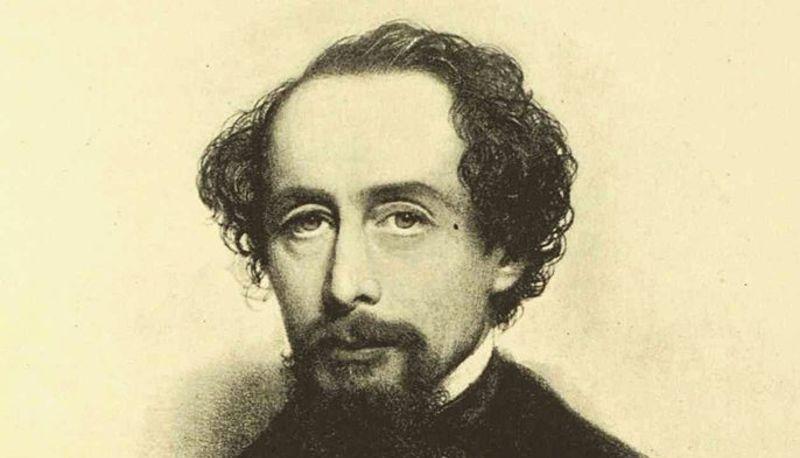Concetti Chiave
- Charles Dickens was born in 1812 in Port Mouth and faced early hardships, including his father's imprisonment and his own time in a work-house.
- His literary career began as a parliamentary reporter and journalist, eventually publishing novels in newspapers that often contained social denouncements.
- His works transition from unbalanced social critiques like "Oliver Twist" to more mature, balanced narratives such as "Great Expectations."
- Common themes in Dickens' novels include social criticism, characterized by unresolved issues and moral rather than political solutions.
- Dickens' writing style is marked by melodrama, sentimentalism, and humor, with characters often being exaggerated and belonging predominantly to the lower-middle class.
Infanzia e carriera iniziale
He was born in 1812 in Port Mouth. His father was imprisoned for debts and he was sent to a work-house. This was a traumatic experience for him than he went back to school and became a parliamentary reporter and then a journalist. He published novels on newspapers. The first part of his productions are novels with social denouncements (Oliver Twist), that are not balanced. The second part: Great expectations, that is a self-developing novel. It is balanced.
Pickwick paper, Oliver Twist, Christmas books, David Copperfield, Bleak house, Hard time, Great expectations
1.
Critica sociale e soluzioni morali
Social criticism: He was not a revolutionary but he was a full-Victorian. He doesn’t try to change reality, the problems remain unresolved. At the end there is a paternal revolution (there is the intervention of a generous rich man, a benefactor). The solution is not political, but moral: the good persons are rewarded and bad ones are punished.
2.
Melodramma e sentimentalismo
His novels are full of melodrama and sentimentalism and some situations are exaggerated in order to move the reader to tears.

3. Humour and comic episodes. The social problems are presented with irony.
4. Characters are not a-tutto-tondo. Fixed types (ex. If one is evil remain evil). Defects are exaggerated. Most of Dickens’ characters belong to the lower-middle class. The characters of other social classes are less secure and more stereotyped.
This title is significant because Pip is waiting that his courage, his loyalty will be rewarded.







 Accedi a tutti gli appunti
Accedi a tutti gli appunti
 Tutor AI: studia meglio e in meno tempo
Tutor AI: studia meglio e in meno tempo